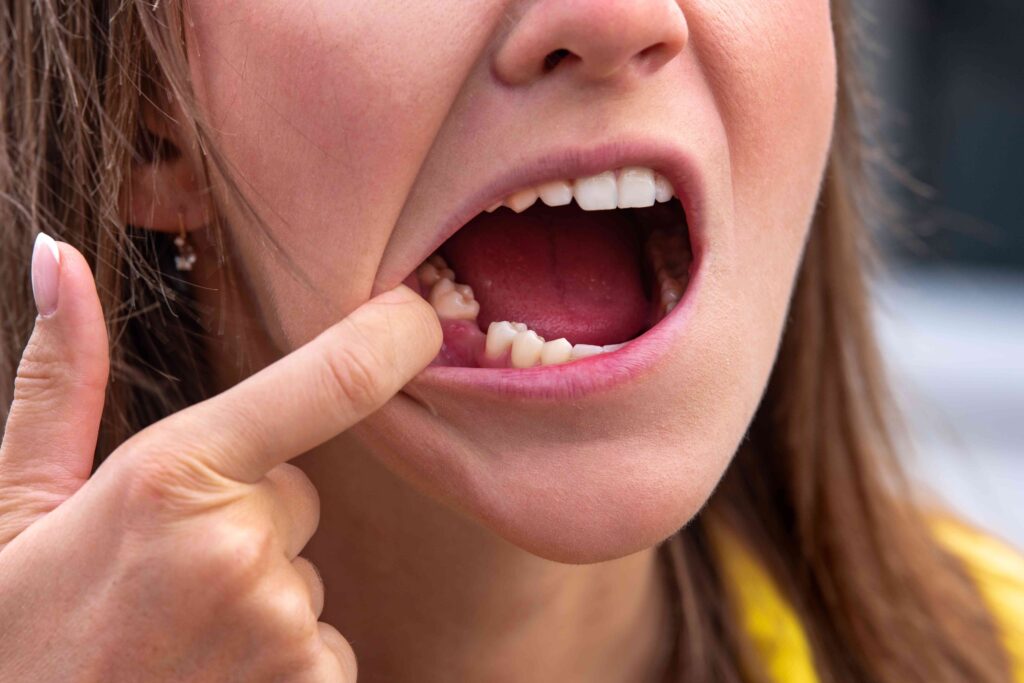
Did you know that chewing your food would be challenging if you didn’t have any teeth, but they are used for much more than just eating. If you carefully maintain excellent oral health, you will be able to enjoy your smile for the rest of your life. However, if your dental hygiene is lacking, you could end up with issues, like tooth decay and gum disease. Both of these can result in missing teeth. Read on to learn more about the functions of your teeth other than chewing.
Maintaining Bone Structure
When you chew your food, your teeth are stimulating the jawbone and keeping it strong. However, when you are missing teeth, the jawbone isn’t getting the stimulation it needs. Eventually, your body will start to reabsorb this bone material, leading to a jawbone that is smaller and less dense. This will lead to a higher risk of fractures, and it can limit the number of dental treatments you could be a candidate for, like dental implants. This bone loss can change the appearance of the face. Often times, it can lead to a longer upper lip, loss of muscle tone, and an increased depth of the vertical lines of your face. You could end up looking a lot older than you are.
Producing and Holding Saliva
Chewing stimulates the salivary glands, releasing valuable enzymes that help your body begin the digestion process. Without your teeth, the saliva that you do produce can sneak out of your mouth much easier. There are two barriers that normally hold the saliva in – your teeth and lips. Accidentally drooling is common because it’s necessary to make a more conscious effort to keep it from coming out.
Pronouncing Words
Your tongue and lips interact with your teeth to make certain sounds that are part of your language. If you don’t have teeth, making the t, f, and v sounds are much more difficult. You are also more likely to slur your words, making it difficult for others to understand.
Preventing Health Issues
If you are missing teeth, there are certain health issues that you would be more likely to develop. If you are attempting to chew food with just your gums, this increases your chances of gum disease and temporomandibular disorder. Being unable to chew can also cause you to experience nutrient deficiencies.
Missing teeth can lead to a variety of difficulties in different areas of your life. By keeping up a good oral hygiene routine and keeping up with routine dental visits, you can experience the benefits of a complete smile for many years to come!
About the Author
Dr. Henry Lu earned his dental doctorate from the Nova Southeastern University College of Dental Medicine. Since then, he has been committed to continuing education to keep his knowledge and skills sharp. Currently, he is a proud member of the American Dental Association and the Texas Dental Association. For more information or to schedule an appointment at his office in Dallas, visit his website or call (469) 998-9822.
